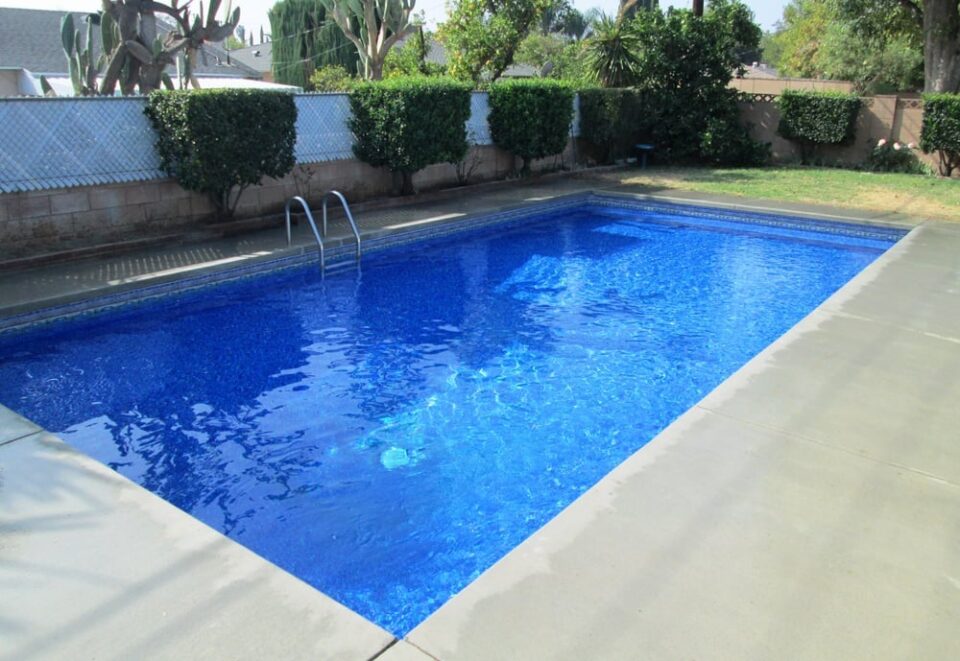Clark Griswold had grand plans to build a pool with his Christmas bonus money, but if you’re thinking of doing the same thing, you may want to go about it in a more reliable way. HomeAdvisor estimates that the average cost to construct a swimming pool is more than $50,000. However, you may spread out the cost of your new pool over time with a payment plan that works with your budget and financial situation.
Considerations Prior to Purchasing a Pool
There are several factors to think about when deciding on a pool design, including the aesthetic value of your backyard and your financial resources. You may take the chlorine-based approach, as is customary, or you can opt for a saltwater pool. Considering that the installation of a built-in pool can easily run into the tens of thousands of dollars, above-ground pools, which may cost anywhere from $700 to $3,600 to construct, are frequently the most cost-effective option. Be prepared to pay six figures on a custom-made structure.
The architecture of your swimming pool will affect not just the initial cost to build it, but also the recurring expenses to keep it clean and safe for swimmers (more on maintenance costs later). You may better understand the range of outcomes and their related costs if you get quotes from many contractors. Getting many quotes might help you make sure you’re building your backyard paradise at a price you can afford. You can find the right inground pool cost here.
Swimming Pool Financing Choices
To make your fantasy of a swimming pool a reality, you don’t have to shell out a huge sum of money all at once, and there are payment plans available for every imaginable design. Here we’ll examine the five most popular approaches of funding a pool, along with the benefits and drawbacks of each.
You may put the money you need for your pool on a credit card with a low annual percentage rate (APR), and if you can find one with a 0% APR introductory term, that’s even better. By spreading out your payments over a longer period of time, you may avoid paying interest on the vast majority of them. Further, depending on the kind of reward, certain rewards credit cards might provide you a return on your purchase in the form of points, miles for travel, or cash back. Think about applying for a credit card with a sign-up bonus the next time you need one. You might potentially reduce your expenses by doing this.
Getting a Loan for Yourself
Loans for individuals, sometimes known as “pool loans,” are made available by a variety of traditional and non-traditional lenders, including banks, credit unions, and online marketplaces. Lenders may sometimes team up with pool companies of borrowers’ choice. Unlike with a regular credit card, getting a personal loan doesn’t include putting up collateral like your home or other valuables. When compared to the processes required in securing other types of financing, borrowing money is often very quick and straightforward.

